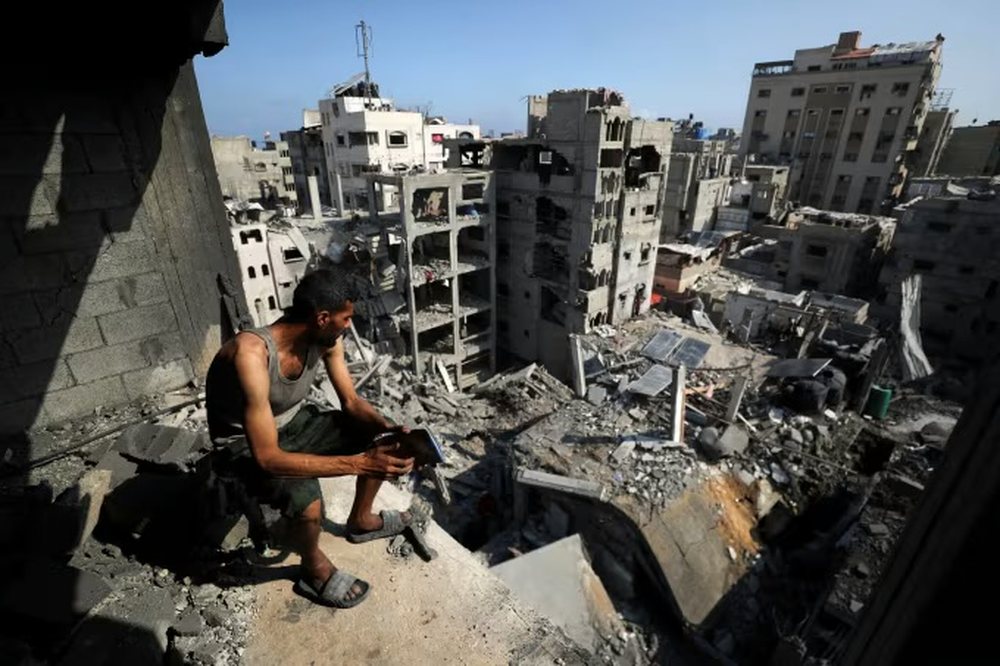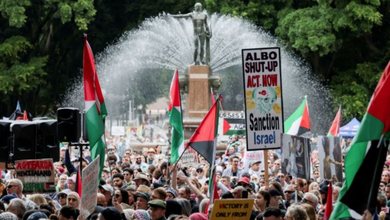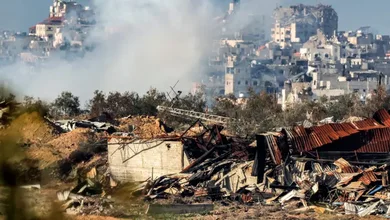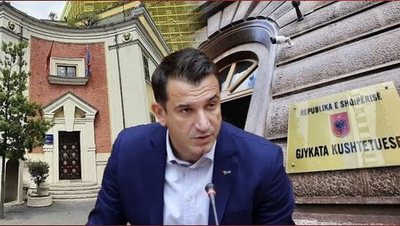
Two years ago, Gaza's largest city was bustling with life: schools were bustling with students, markets were packed with shoppers, and seaside cafes offered a bit of tranquility amid a life surrounded by restrictions.
With a history spanning thousands of years and hundreds of archaeological sites, Gaza has long been the cultural and economic center of the Palestinian enclave. That’s why Hamas chose the city as its de facto capital when it took control in 2007. But today, the city lies in ruins. After months of Israeli bombing, launched in retaliation for a Hamas attack nearly two years ago, Gaza City has become a place of evil and insecurity. Former institutions have been destroyed, Hamas is no longer openly visible on the streets, and civilians face the fear of survival every day.
Daily life among the ruins
With the Hamas police gone, the city has descended into anarchy. Thousands of residents live in dilapidated buildings, without water, food, or medicine. Hospitals are out of service, markets sell scarce products at exorbitant prices, and garbage and sewage have covered the streets.
At night, armed groups patrol the city, while families try to protect themselves with weapons. Desperate, residents say that even stray dogs have become dangerous, feeding on the dead bodies in the streets. "The dust from the explosions is choking us. The dogs have changed, they have become wild. People have lost all strength from endless hunger," a resident of the city told CNN.
Invisible Hamas
Meanwhile, Hamas – once ubiquitous – has now disappeared from the streets. Its offices, police stations and community centers have been destroyed. However, militants occasionally make unexpected appearances, suggesting that the organization still has covert communication and control networks. Journalists and locals question the purpose of Hamas’s weapons, which have failed to protect civilians from starvation, death and destruction.
Israeli preparations for the offensive
Israel has warned that a major offensive in Gaza City is imminent. Prime Minister Netanyahu has described the city as one of Hamas' last strongholds in the northern enclave. To this end, the Israeli army is expected to call up over 60,000 new reservists and extend the service of 20,000 others. According to military sources, civilians will be given about two months to leave before the operation begins, with a symbolic deadline of October 7 - the second anniversary of the war. However, the offensive is accompanied by warnings from international organizations and foreign governments, which express concern about the high number of civilian casualties, accusations of war crimes and the obstruction of humanitarian aid.
"The operation could last for months, entering every building and destroying tunnel after tunnel. It is possible, but extremely difficult and with huge human costs," a military expert told CNN.






















